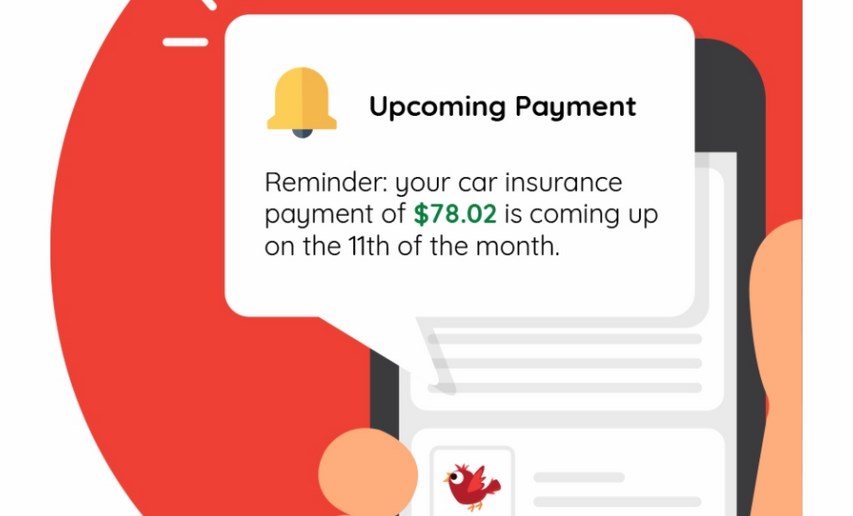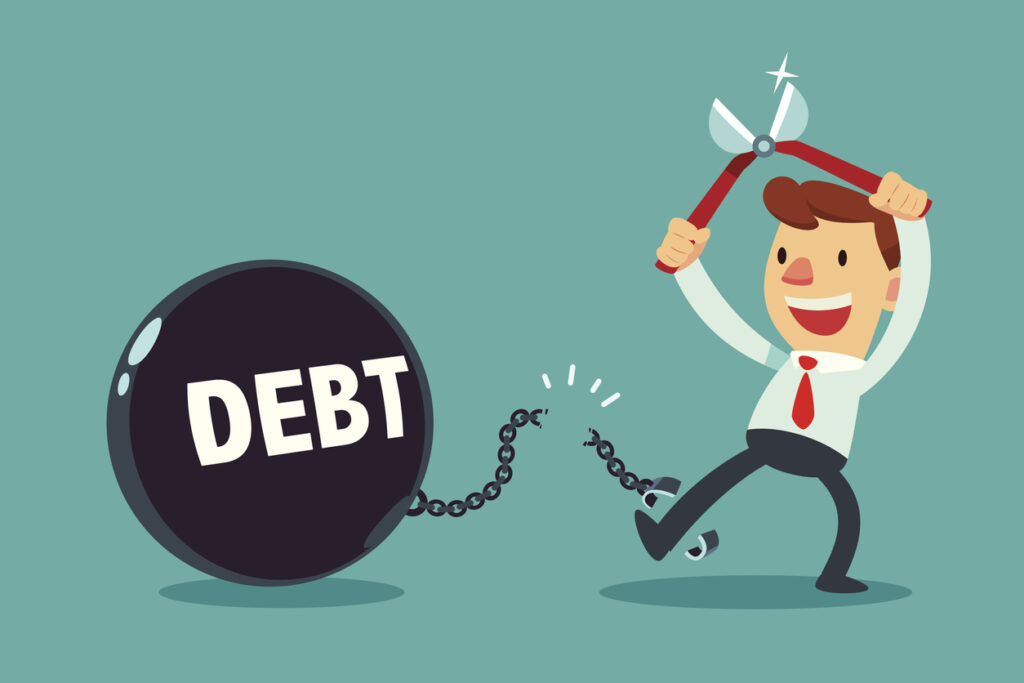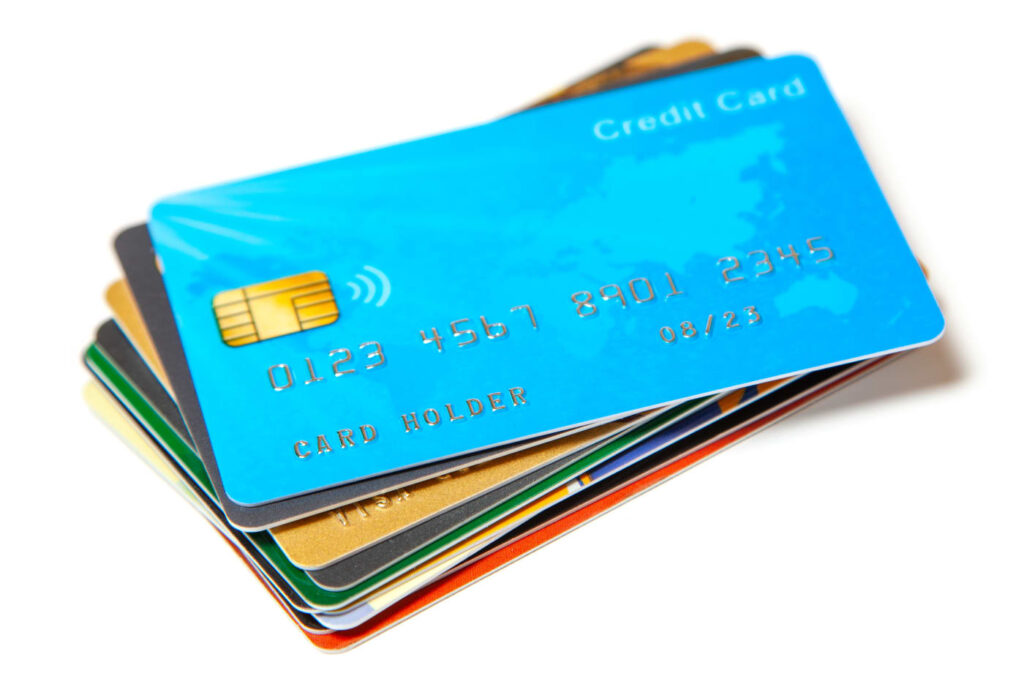Oftentimes it can feel like your credit score is hanging over your head, affecting a number of big outcomes in your life. Indeed, this mere numerical expression can be a major factor in whether or not you get approved for a mortgage, get a lease on a vehicle, or sometimes even land a job.
If you’re struggling from debt, a bad credit score can also mean being denied a Debt Consolidation Loan which could help you attain financial wellness. The good news is that credit counselling agencies like CreditCanada.com offer an alternative solution: a Debt Consolidation Program.
They offer help no matter your financial situation, and even offer free debt counselling services as well as financial management advice. One of the ways they can help is by giving you tips on how to improve your credit score – here are a few that you may find useful.
1. Set Payment Reminders

In order to rebuild your score you need to make sure that you’re paying all of your bills on time – that includes credit cards, rent or mortgage, utilities, and even your taxes.
You can either set up payment reminders using software like Google Calendar or an app on your smartphone, or you can request for reminders to be sent from your creditors. If you are confident that you will have the money, you can also set up automatic payments from your chequing account, that way you don’t have to worry about them at all.
2. Take Measures to Reduce Debt

Working towards paying off debt is a great way to improve your score. Work with a not-for-profit credit counselling agency that can put you on the right path. As mentioned above, they may recommend a Debt Consolidation Program for you where you work towards paying off all your debts in a single payment each month (with reduced interest). According to Halifaxdebtfreedom.ca, building cash savings and gaining an understanding of how to build/maintain a good credit rating are the cornerstones of any successful plan to deal with debt
3. Don’t Close Off Unused Credit Cards

Some people think that if you don’t use a credit card that it’s best to close it off when the truth is that this could actually hurt your score. Instead, keep the account open and continue to not use it because it will help with your credit utilization rate.
4. Avoid “Risky” Behaviour

Certain actions can damage your score as they are seen as risky – this includes having your credit checked frequently by multiple lenders in a short period of time, or taking out cash advances (which you should never do anyway).
Be careful about opening new credit cards or taking on new loans, as these are the kinds of actions that will initiate a score check and potentially cause it to lower.
5. Stay Away from Credit Repair Scams

There are a lot of predatory businesses out there that claim to offer “credit repair” and it always sounds too good to be true. That’s because it is – no one can instantly repair your credit, instead, it’s something that you have to work hard to rebuild.
Start Today
It’s never too late to make decisions that will positively affect your finances. Follow these tips and you’ll be well on your way to improving your credit score.









